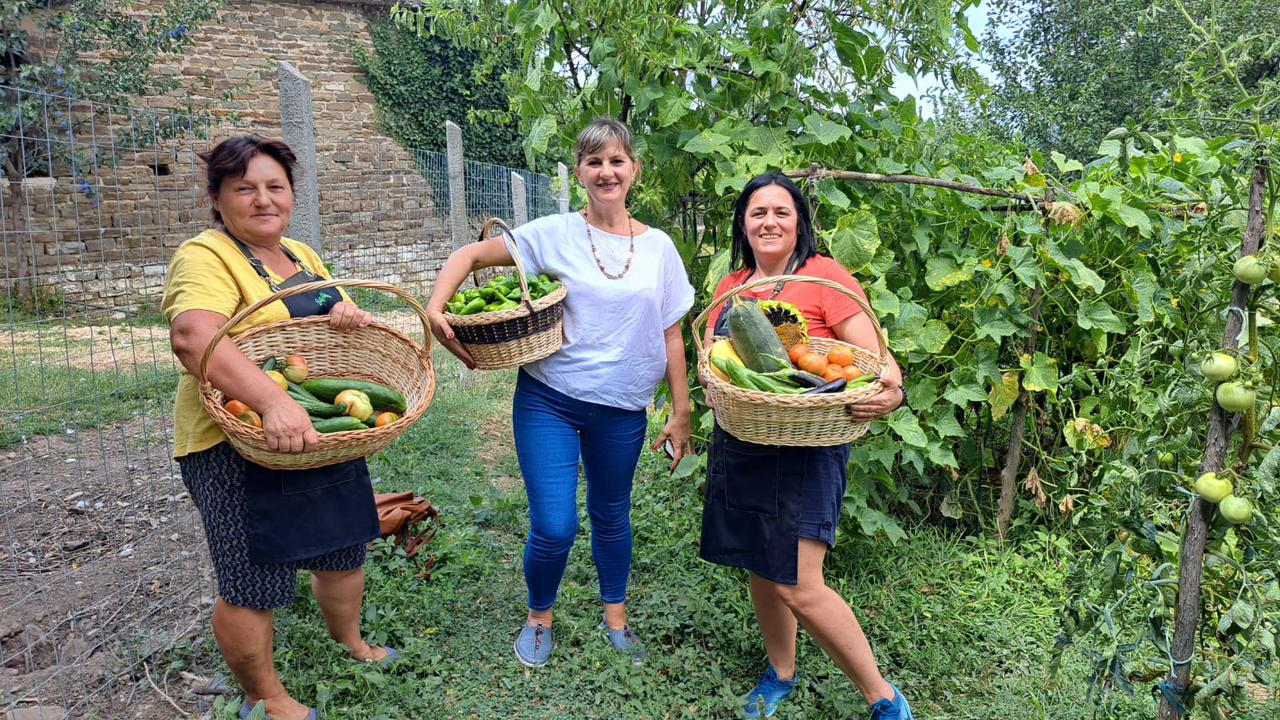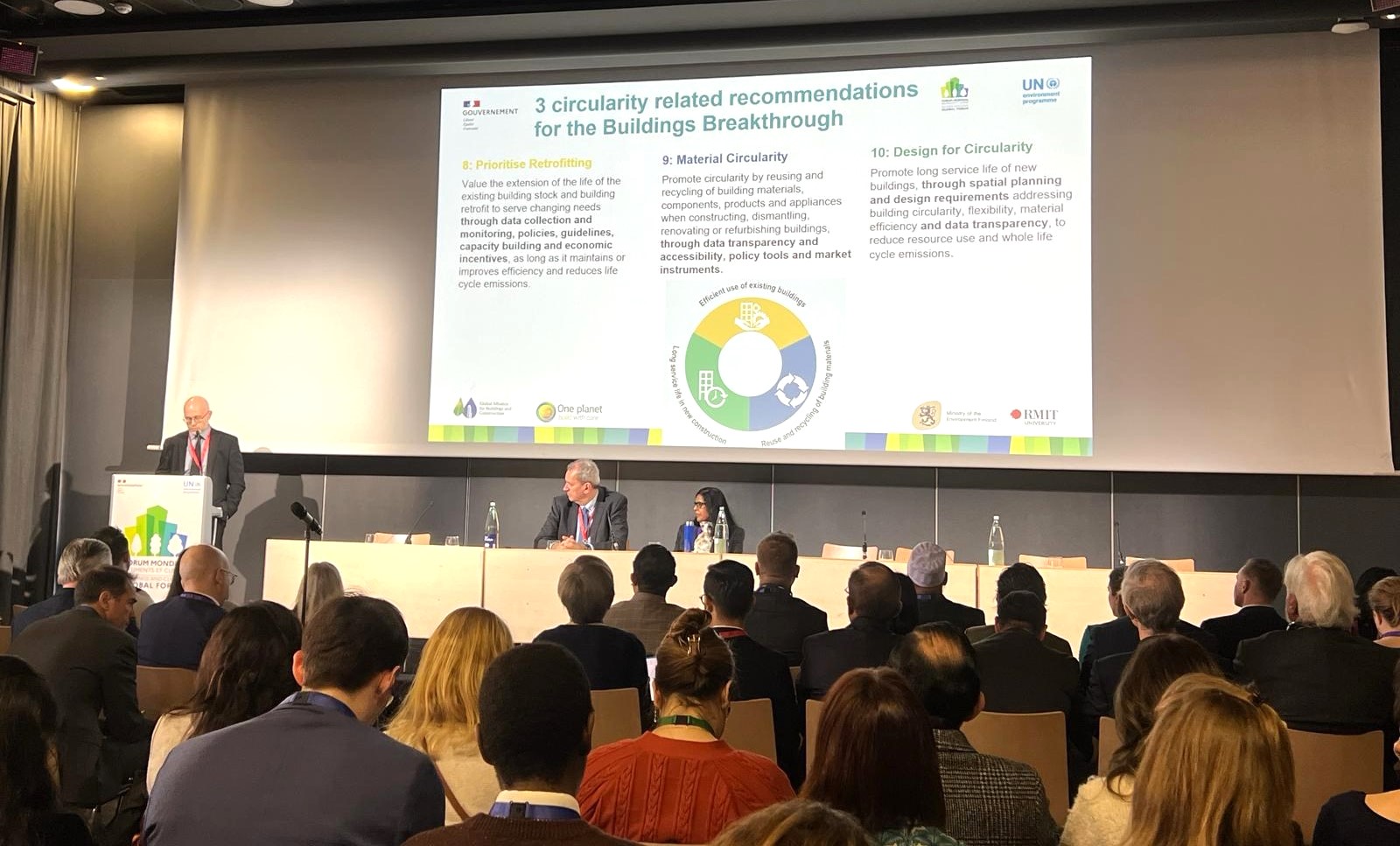Regional Working Groups on Food Waste: measurement and reduction

Background
Nearly a billion tonnes of food went into the waste bins of households, retailers, and food service outlets in 2019 or 17% of food available at consumer level. Producing food that will not be eaten uses labour, capital, fertilizers, pesticides, water, land and energy resources in vain, generating 8% of global greenhouse gas emissions, impacting biodiversity, costing governments, businesses and households nearly a trillion US dollars, and failing 690 million people who are undernourished or hungry. Food loss and waste exacerbate our triple planetary crisis – climate change, biodiversity loss, and pollution.
The Agenda 2030 and the Sustainable Development Goals addressed this global challenge and governments have adopted its Target 12.3 of halving food waste at retail and consumer level and reducing food loss across the supply chain. Data is essential in understanding the scale of the problem, making the case for action, tracking progress on the target, and assessing the efficacy of policy interventions.
UNEP’s Food Waste Index Report 2021 demonstrates that household food waste is generated at similar per capita levels in developed and developing countries, using new evidence from a range of countries in Africa, Asia Pacific, West Asia, and Latin America. However, the number of national food waste baselines in these regions is low, presenting a major barrier to action.
The Food Waste Index Report provides a common methodology for measuring food waste and tracking progress on UN Sustainable Development Goal 12.3 to halve food waste by 2030. Several countries are already working on their baselines and have expressed interest in UNEP’s support in measuring and reporting on food waste to track progress on SDG 12.3.
Responding to governments requests in four regions - Africa, Asia Pacific, Latin America and West Asia - to work on food waste measurement and strategy development; UNEP, through the new Initiative Global Opportunities for SDGs (GO4SDGs) -together with the One Planet network's Programme on Sustainable Food Systems and WRAP will launch regional working groups in these regions.
Objectives:
- To strengthen the capacities of governments and other relevant stakeholders -across food systems; starting with the capacity development of measurement mechanisms and national food waste prevention strategies, and
- To increase understanding of food systems (drivers and impacts), and of relevant policies and initiatives to integrate sustainability across food systems.
Methodology
The working groups will enable countries in each region to access technical expertise on food waste measurement and reduction, learn from experiences of neighbouring countries, and develop mechanisms to track their country’s progress on SDG 12.3.
The technical support will be provided for one year, with four virtual workshops in each region on food waste index and prevention strategies. The learning journeys of countries experienced in food waste measurement (and reduction) will be showcased, countries in each region will be invited to present their efforts on food waste measurement so far and working sessions will be dedicated to working through technical questions on measurement approaches and methodologies, allowing ample time for discussion.
The final workshop will focus on the development of a national food waste prevention strategy, presenting successful global and local examples, providing recommendations on structure, and a range of suggestions for policies and measures that may be relevant to individual country contexts. UNEP will provide guidance on integrating food waste reduction in National Determined Contribution under the Paris Agreement - NDCs.
Workshops on broader food systems issues may be proposed to the working groups on a voluntary basis over the course of the year with regional and global strategic partners. These might address food processing and packaging, retailers, food services, consumers information and behaviour, and food waste disposal/recycling, among others.
Requirement for participation
The Regional Working Group is open to the participation of government representatives at national and subnational levels, and statistics officers involved in the data production for SDG’s reporting; it includes national and subnational organizations fulfilling the following criteria:
- On-going work on food waste measurement, or commitment to developing a national/subnational food waste baseline within the next 12 months;
- Resources available to cover baseline measurement or commitment to fundraising to cover this cost;
- Existing staff member or team responsible for national reporting on SDG 12.3.
Other NGO, universities, think-tanks, and national networks working on food waste measurement and prevention strategies are welcome and encouraged to participate, considering the following criteria:
- Extensive experience in food waste measurement, prevention, and other related topics (e.g., food security);
- On-going initiatives and projects on food waste;
- Commitment to replicate and disseminate the knowledge acquired in the workshop within the region through initiatives and existing networks.
Regional Working groups will have 5 to maximum 8 countries per region. The countries will be selected based on the criteria listed above.
Form of presentation and deadline
The expression of interest must be accompanied by an official communication indicating the nominated participant organizations from the country (max 5) and the relevant documentation to demonstrate fulfilment of the criteria mentioned above.
Proposals must be submitted in digital format and sent to the following e-mail addresses:
Africa: David Rubia (david.rubia@un.org), and Clementine O’Connor (Clementine.oconnor@un.org).
Asia Pacific: Clementine O’Connor (Clementine.oconnor@un.org).
Latin America & the Caribbean: Beatriz Martins Carneiro (beatriz.carneiro@un.org), and Clementine O’Connor (Clementine.oconnor@un.org).
West Asia: Paolo Marengo (paolo.marengo@un.org), and Clementine O’Connor (Clementine.oconnor@un.org).
Deadline: no later than 23rd April 2021.

